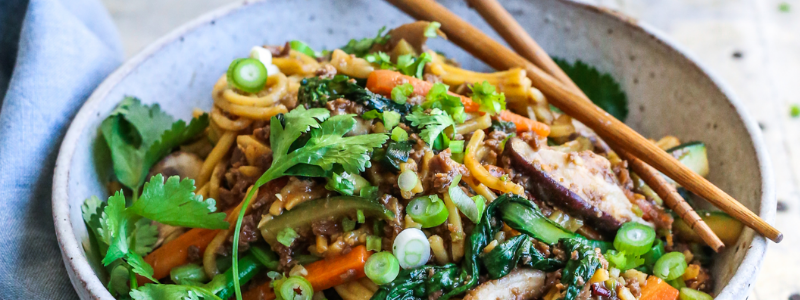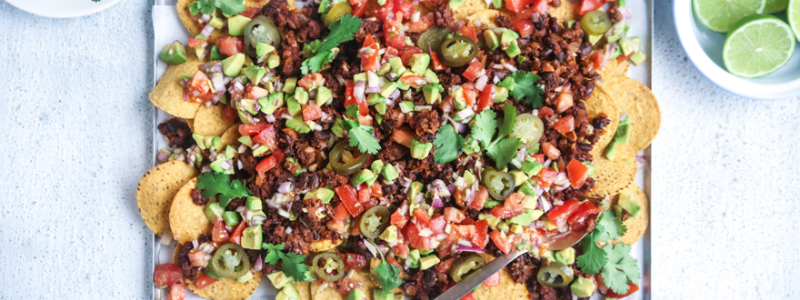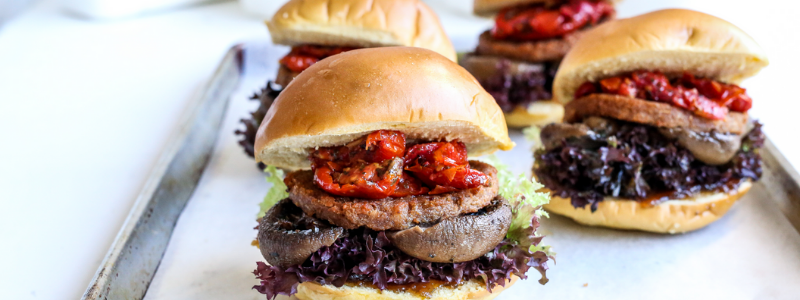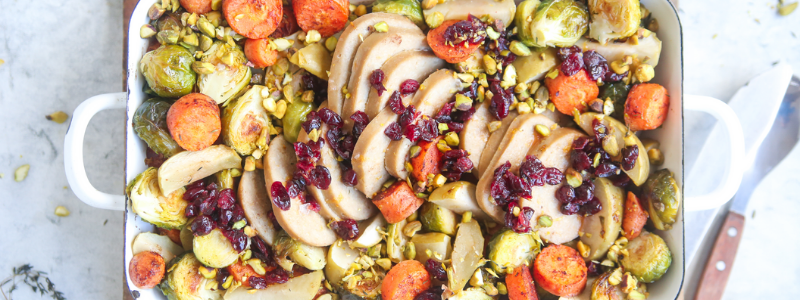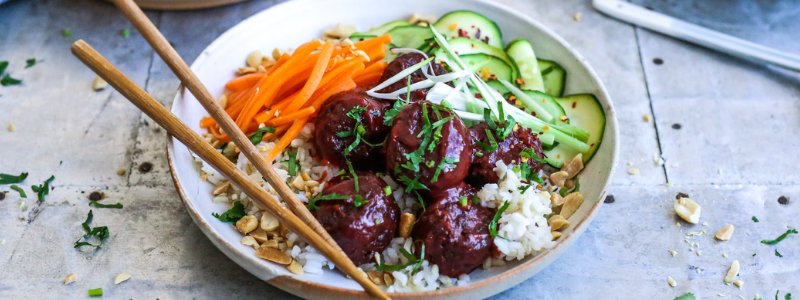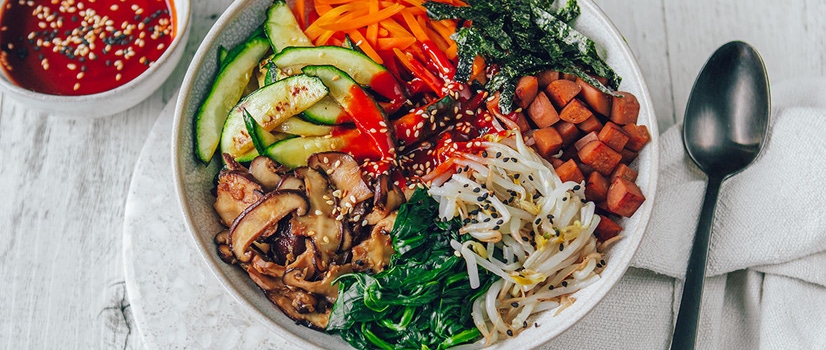
Meat the alternative - all you need to know about plant based meat
A third of Aussies are now reducing the amount of meat they eat, mainly out of concern for their health. In fact, the Heart Foundation recommends limiting your red meat consumption to less than 350g of cooked, lean red meat per week which could be spread over 1-3 meals. As a guide, 350g cooked meat is around 500g of raw meat.
They further recommend limiting or avoiding processed meats. The average Australian eats almost 90kg of meat per year - one of the highest meat consumption rates in the world!
While they’ve long been available, in recent years there’s growing interest in plant-based meat alternatives. Innovation has even led to the launch of vegetarian products that look like meat, taste like meat, and cook like meat, without an animal in sight. But what exactly are they made of?
Meat alternatives are plant-based foods that have been designed to help people looking to cut back on the amount of meat they eat, without losing the experience they enjoy or key nutrients such as protein and iron.
They’re typically made from protein extracted from plants, usually wheat, pea or soy. Increasingly there are some great wholefood options available too.
Sanitarium Dietitian Trish Guy takes a look at the most common questions about this growing food trend.
Are plant based meat alternatives healthy?
Health is one of the main reasons people are actively reducing the amount of meat they eat each week and with good reason. Research shows people following a balanced plant-based diet are healthier and often slimmer than meat eaters. However, are these meat alternatives healthier than meats?
Plant-based meat alternatives are typically lower in total fat and kilojoules when compared to meat. They provide an additional source of protein without the cholesterol typically associated with meat products. To make the best choice among the ever increasing products available, look for those lower in saturated fat and sodium. When in doubt, the Health Star Rating system can help you navigate which product is best for you in each category.
When eaten occasionally along with a plant-based diet rich in fruits, vegetables, wholegrains, nuts and seeds they add convenience, variety and new flavours to the vegetarian or vegan diet. Meat alternative products are not a replacement for the whole food plant proteins you’re already eating such as legumes, soy, tofu and nuts. However, if you want to a nutritious meal that has a similar taste and texture of meat, without eating animals, then that’s where meat alternatives are a great addition to the menu.
Are plant based meat alternatives better for the planet?
The production of plant-based foods requires less intensive farming, which has a smaller impact on the environment, with significantly less water required and none of the methane emissions associated with livestock – 14.5% of global greenhouse gas emissions are due to livestock and their by-product.
Animal agriculture is a leading cause of deforestation, land degradation, biodiversity loss and habitat clearing worldwide. There is also increasing concerns that industrial meat production could have a negative impact on natural resources like rivers, streams and drinking water, with nutrients from animal waste lagoons and runoff.
Ways to go meat-free - even if just on Mondays!
Why not try swapping out your regular meat dishes with a meat alternative instead? Here are some of our favourite recipes from Vegie Delights.
Hokkien noodles stir-fry
High in protein, iron and fibre, this flavoursome Hokkien noodles stir-fry is so nutritious and great for a quick, healthy meal.
Classic vegan nachos
Nachos are always a crowd pleaser and these Classic vegan nachos are no exception.
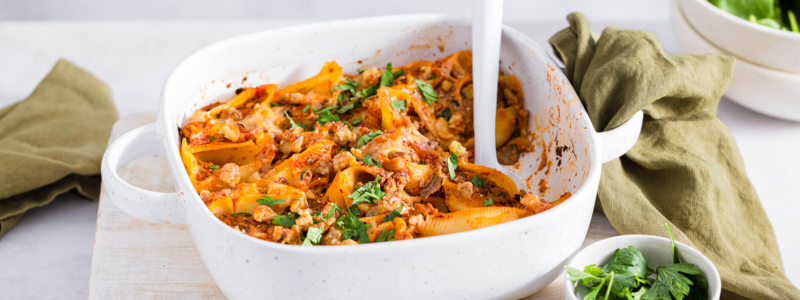
Stuffed pasta shells
This Stuffed pasta shells recipe is a delicious dairy-free twist on a family favourite.
Smokey BBQ Burgers
These Smokey BBQ burgers are an excellent source of protein and fibre plus they contain other essential nutrients like iron, potassium and calcium.
Vegie roast with Brussels sprouts
This class Veggie roast with brussels sprouts is rich in protein, a good source of iron and an excellent source of fibre.
Sticky hoisin meatless meatballs
With the Asian flavours of hoisin sauce, pickled carrots and coriander, Sticky hoisin meatless meatballs are a surprising twist on a classic that will please the whole family.
Want even more recipes? View our collection of mouth-watering meat alternative recipes made with 100% plant-based meat.

The latest nutrition advice, plus health and wellness tips delivered to your inbox monthly
